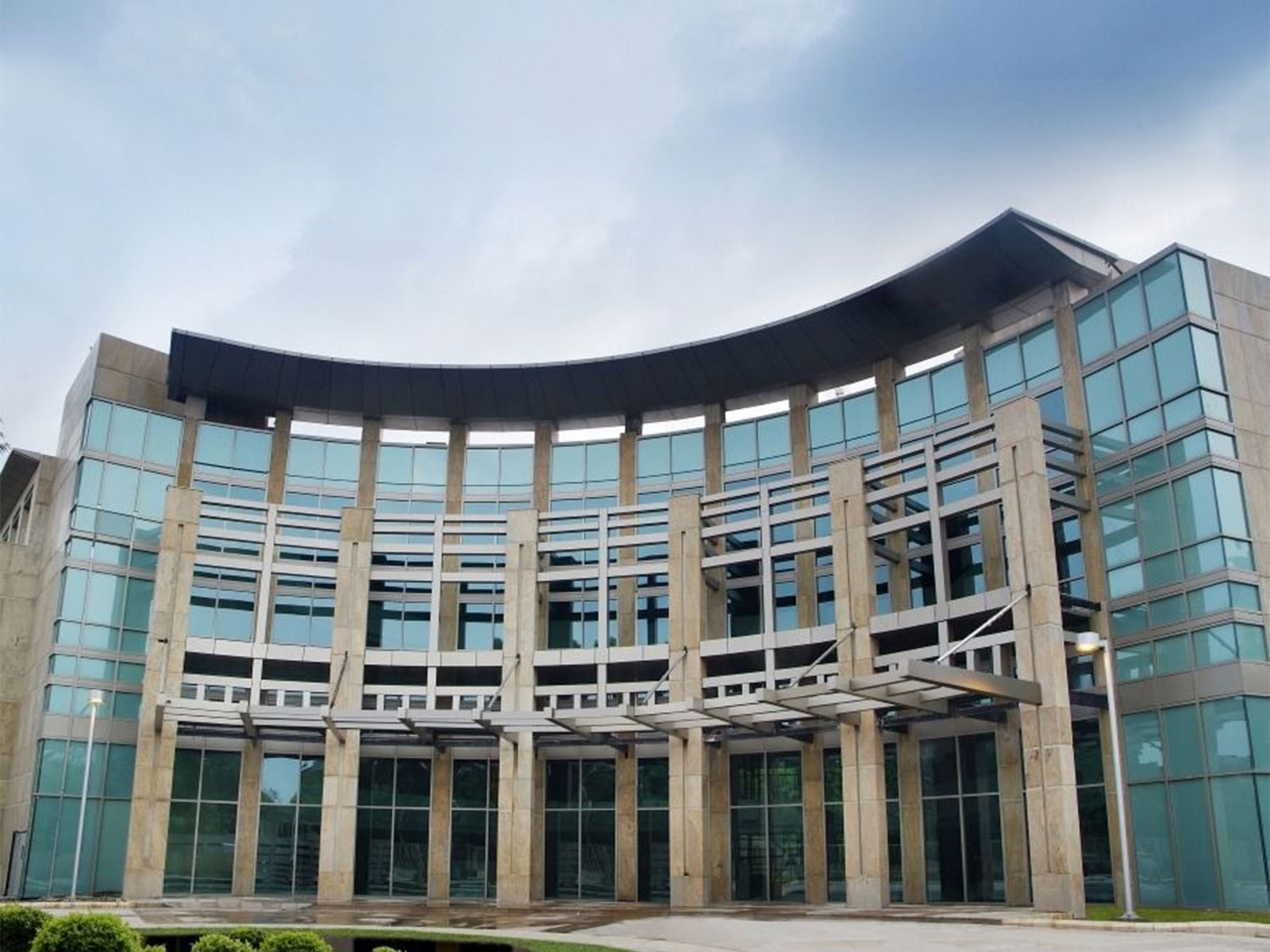PM Modi's US visit: India set to get membership of key missile tech group

When Prime Minister Narendra Modi visits Washington - his fourth visit there since he took over as PM two years - India may finally be declared as a member of Missile Technology Control Regime (MTCR).
Italy has been opposing India's membership bid. However, with the recent Supreme Court decision in the marines' case, Rome may ease its stand.
Also read: SC allows second Italian marine to go home, but conditions apply
The US has been actively lobbying for India's membership to this club since 2008, when the Nuclear Suppliers Group (NSG) granted an exemption to India. Since 2008, India has also been an unilateral adherent to MTCR.
The exemption was given during the previous Manmohan Singh regime, because of growing Indo-US relations (the nuclear deal was signed in 2008), India's clean non-proliferation record and tight export control, unlike Pakistan.
India recently joined the Hague Code of Conduct (HCoC) against Ballistic Missile Proliferation, a voluntary, legally non-binding international confidence building and transparency measure, which seeks to prevent the proliferation of ballistic missiles that are capable of delivering weapons of mass destruction, which complements MTCR.
"India's joining the Code signals our readiness to further strengthen global non-proliferation objectives," the Ministry of External Affairs said in a statement.
What is MTCR?
According to its website, the MTCR is an 'initiative to address the increasing proliferation of nuclear weapons by addressing the most destabilising delivery system for such weapons'.
The MTCR seeks to limit the risks of proliferation of weapons of mass destruction (WMD) by controlling the export of goods and technologies that could make a contribution to delivery systems (other than manned aircraft) for such weapons.
In this context, the regime places particular focus on rockets and unmanned aerial vehicles capable of delivering a payload of at least 500 kg to a range of at least 300 km and on equipment, software, and technology for such systems.
Currently, there are 34 countries who are members of the MTCR, many of whom are key manufacturers of missiles in the world.
Advantages of membership
Without the membership of the MTCR and other regimes like the Wassenar Arrangement and the Australia Group, India had limited access to technology. India's entry into the MTCR will partially ease this bottleneck.
MTCR membership will also boost India's chances to procure predator drones from the US. The membership would also help the country to export missile technology to friendly countries.
Moreover, membership to MTCR will shore up India's chances for membership in the other groups, including the NSG.
Chinese spanner in the works
The Obama administration has already backed India's entry to the three groups - NSG, Wassenar and the Australia Group.
The Prime Minister's ongoing five-nation visit includes Switzerland, the US and Mexico, three countries who are part of the NSG. Switzerland, too, has supported India, the media reported on Monday, 6 June.
NSG membership requires unanimity amongst the existing members of the group. With the Chinese out to put a spanner in India's bid for the NSG, the entry doesn't look likely in the coming days.
Also read- US backs India as China opposes entry to Nuclear Suppliers Group
There is an extraordinary plenary meeting of the NSG scheduled to take place in Vienna on 9 and 10 June to discuss India's membership. India's non-proliferation record, and the fact that India is not a member of the Nuclear Proliferation Treaty, will figure in the discussion.
The Chinese have been saying that if the NSG is to make an exception for India, it should also allow Pakistan, even though the latter's record has been tainted, including the incident when it was caught transferring nuclear technology to Libya, which led to widespread criticism.
Analysts also say that China's own record is no good when it comes to adhering to the tenets of the NSG.
It is an open secret how China has been assisting Pakistan's civil and military nuclear ambitions for a long time.
Edited by Shreyas Sharma
First published: 6 June 2016, 6:15 IST






![BJP's Kapil Mishra recreates Shankar Mahadevan’s ‘Breathless’ song to highlight Delhi pollution [WATCH] BJP's Kapil Mishra recreates Shankar Mahadevan’s ‘Breathless’ song to highlight Delhi pollution [WATCH]](https://images.catchnews.com/upload/2022/11/03/kapil-mishra_240884_300x172.png)

![Anupam Kher shares pictures of his toned body on 67th birthday [MUST SEE] Anupam Kher shares pictures of his toned body on 67th birthday [MUST SEE]](https://images.catchnews.com/upload/2022/03/07/Anupam_kher_231145_300x172.jpg)






